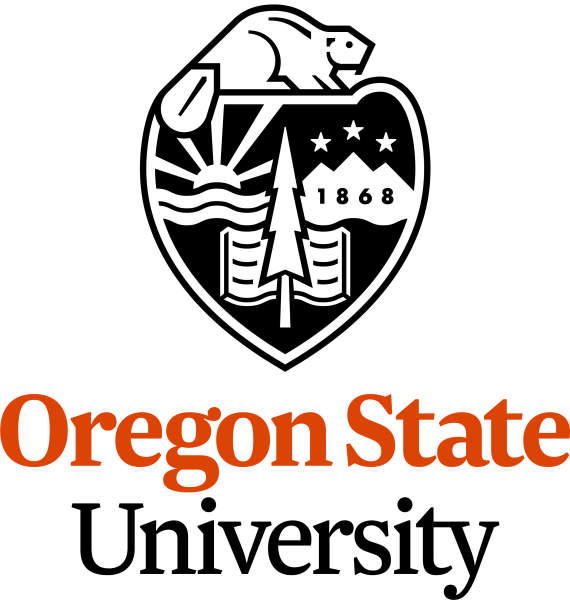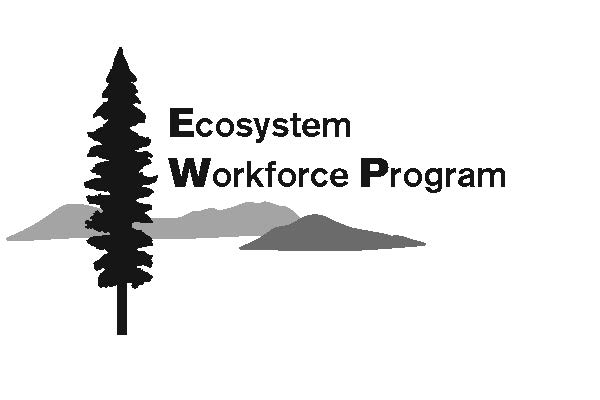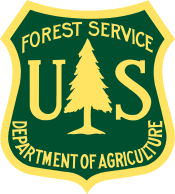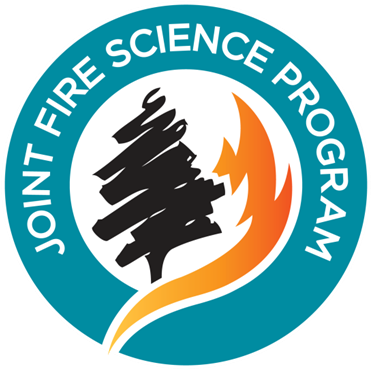Publications Library
. Local Ecological Knowledge and Fire Management: What Does the Public Understand? Journal of Forestry. 2015;113. LocalEcologicalKnowledge.pdf (187.57 KB)
LocalEcologicalKnowledge.pdf (187.57 KB)
. Location, timing and extent of wildfire vary by cause of ignition International Journal of Wildland Fire. 2015;24.
. Long-term dead wood changes in a Sierra Nevada mixed conifer forest: habitat and fire hazard implications. Forest Ecology and Management. 2015;339.
. Long-term effects of wildfire on greater sage-grouse - integrating population and ecosystem concepts for management in the Great Basin. ().; 2015:42.
. Long-term effects on distribution of forest biomass following different harvesting levels in the northern Rocky Mountains Forest Ecology and Management. 2015;358.
. Long-Term Growth of Sierra Nevada Mixed Conifer in Response to Mechanized Thinning, Slash Mastication, and Prescribed Fire Forest Research. 2015;S3:001.
. Low-severity fire increases tree defense against bark beetle attacks Ecology. 2015;96.
. Managing for climate change on federal lands of the western United States: perceived usefulness of climate science, effectiveness of adaptation strategies, and barriers to implementation Ecology and Society. 2015;20(2).
. Modeling spatial and temporal dynamics of wind flow and potential fire behavior following a mountain pine beetle outbreak in a lodgepole pine forest Agricultural and Forest Meteorology. 2015;204.
. Modeling the direct effect of salvage logging on long-term temporal fuel dynamics in dry-mixed conifer forests Forest Ecology and Management. 2015;341.
. Modeling wildfire regimes in forest landscapes: abstracting a complex reality. In: Simulation modeling of forest landscape disturbances. Simulation modeling of forest landscape disturbances. Switzerland: Springer International Publishing; 2015:73-92. Available at: https://www.treesearch.fs.fed.us/pubs/53095.
. Modelling Associations between Public Understanding, Engagement and Forest Conditions in the Inland Northwest, USA PLOS ONE. 2015;10(2).
. Models predict longer, deeper U.S. droughts. Science. 2015;13.
. Native and exotic plant species respond differently to wildfire and prescribed fire as revealed by meta-analysis Journal of Vegetation Science. 2015;26(1).
. Negative consequences of positive feedbacks in US wildfire management Forest Ecosystems. 2015;2(9).
. A new approach to evaluate forest structure restoration needs across Oregon and Washington Forest Ecology and Management. 2015;335. Available at: http://www.sciencedirect.com/science/article/pii/S0378112714005519.
. Not All Fires are Wild - Understanding Fire and Its Use as a Management Tool. ().; 2015. Available at: https://catalog.extension.oregonstate.edu/sites/catalog.extension.oregonstate.edu/files/project/pdf/em9114_1.pdf.
. NWFSC Activity Report - Fire Without Borders: Observations, Experiences, and Lessons Learned from the 36-Pit Fire.; 2015. 36-Pit Fire Field Tour Final Report.pdf (2.56 MB)
36-Pit Fire Field Tour Final Report.pdf (2.56 MB)
NWFSC Activity Report - Preparing for Wildfires: Moving from crisis to opportunity.; 2015. Extension Wildfire Workshop Report.pdf (508.8 KB)
Extension Wildfire Workshop Report.pdf (508.8 KB)
. NWFSC Activity Report - Using Prescribed Fire as a Management Strategy in the Turnbull NWR.; 2015. NWFSC Activity Report Turnbull NWR.pdf (1.19 MB)
NWFSC Activity Report Turnbull NWR.pdf (1.19 MB)
. NWFSC Fire Facts: What is? Fire Intensity.; 2015. FIREFACTS_Intensity.pdf (705.66 KB)
FIREFACTS_Intensity.pdf (705.66 KB)
. NWFSC Fire Facts: What is? Fire Severity.; 2015. Fire Severity.pdf (794.83 KB)
Fire Severity.pdf (794.83 KB)
NWFSC Research Brief #6: Restoring the West: Forest Restoration Needs in Oregon and Washington.; 2015. NWFSC_RB6_RestoringTheWest.pdf (1.26 MB)
NWFSC_RB6_RestoringTheWest.pdf (1.26 MB)
. Operational wildfire suppression modelling: a review evaluating development, state of the art and future directions. International Journal of Wildland Fire. 2015;24(6).
. Particulate and trace gas emissions from prescribed burns in southeastern U.S. fuel types: Summary of a 5-year project Fire Safety Journal. 2015;74.





